Budgeting for Your Backpacking Water Filtration Needs
Introduction
Importance of Water Filtration for Backpackers
Water is the elixir of life, especially for backpackers venturing into the wilderness. Untreated water can harbor harmful bacteria, viruses, and parasites that can lead to debilitating illnesses. That’s why water filtration is not just a luxury but a necessity for any backpacker. It’s the key to staying hydrated, healthy, and enjoying your adventure to the fullest.
Overview of Different Water Filter Types
There’s a wide range of water filters available, each with its own pros and cons. Gravity filters, pump filters, straw filters, and chemical treatments are the most common types. Gravity filters rely on gravity to pull water through a filter, while pump filters use manual force to push water through. Straw filters are portable and convenient, while chemical treatments are effective but can alter the taste of water. The best filter for you will depend on your specific needs and preferences.
Types of Water Filters
Pump filters are a popular choice for backpackers who need a reliable and efficient way to filter water. They use a manual pump to force water through a filter, removing contaminants and making it safe to drink. Pump filters are typically more expensive than gravity filters, but they offer several advantages:
- Faster filtration: Pump filters can filter water much faster than gravity filters, making them ideal for situations where you need to filter a lot of water quickly.
- More efficient: Pump filters are more efficient than gravity filters, meaning they can remove a higher percentage of contaminants from the water.
- More durable: Pump filters are typically more durable than gravity filters, making them a good choice for rugged backpacking conditions.
Factors Affecting Cost
The durability of a water filter is a crucial factor to consider, especially for backpackers who plan on using their filter in rugged conditions. A durable filter will withstand the rigors of the trail and provide reliable filtration for many years to come.
Durability is often determined by the materials used in the filter’s construction. Filters made from stainless steel or titanium are generally more durable than those made from plastic. The design of the filter also plays a role, with filters that have fewer moving parts being less likely to break.
The cost of a water filter often reflects its durability. More durable filters typically cost more than less durable models. However, it’s important to remember that a durable filter is an investment that will pay off in the long run. A well-maintained durable filter can last for many years, saving you money in the long run.
For backpackers on a tight budget, there are several affordable water filter options available. These filters typically offer basic filtration capabilities and may have lower flow rates or smaller capacities. However, they can still provide reliable water purification for short trips or casual hiking.
- 💭 “Every penny counts when you’re backpacking, so these budget-friendly filters are a lifesaver!”
- 💸 Cost: $10-$30
- 💧 Filtration Capacity: 100-500 gallons
- ⌛ Flow Rate: 0.5-1 liter per minute
Mid-range water filters offer a balance of affordability and performance. They typically have higher filtration capacities, faster flow rates, and more durable construction. These filters are suitable for longer backpacking trips or for those who want a more reliable and efficient water filtration system.
- 💪 “These mid-range filters are the workhorses of the backpacking world!”
- 💸 Cost: $50-$150
- 💧 Filtration Capacity: 500-1000 gallons
- ⌛ Flow Rate: 1-2 liters per minute
For serious backpackers or those who demand the best, high-end water filters offer the ultimate in filtration performance and durability. These filters have the highest filtration capacities, fastest flow rates, and most advanced features. They are ideal for extended expeditions or for those who want the peace of mind that comes with the best possible water filtration system.
- 👑 “These high-end filters are the Rolls-Royces of the water filtration world!”
- 💸 Cost: $150+
- 💧 Filtration Capacity: 1000+ gallons
- ⌛ Flow Rate: 2+ liters per minute
Gravity Filters: The Economical Choice 💰
Gravity filters are a budget-friendly option for backpackers, typically ranging from $20 to $80. They’re easy to use, requiring no pumping or suction. Simply fill the upper reservoir with water, hang it above the lower reservoir, and let gravity do its magic. 🏞️
Gravity filters have a few advantages: they’re lightweight, durable, and can filter large quantities of water quickly. However, they’re not as portable as other types of filters and require a stable surface to hang. Additionally, they can be susceptible to freezing in cold temperatures. ❄️
HOW MUCH WATER FILTER BACKPACKING ON YOUTUBE
Pump Filters 💧
Pump filters are a popular choice for backpackers due to their versatility and efficiency. They can filter water from a variety of sources, including streams, lakes, and rivers. They’re also relatively easy to use, simply requiring you to pump water through the filter into a clean container.
Cost Considerations 💰
The cost of pump filters can vary depending on the brand, features, and capacity. Budget-friendly options start around $50, while high-end models can cost upwards of $200. Here’s a general breakdown:
| Cost Range | Features |
|---|---|
| $50-$100 | Basic filtration, low flow rate |
| $100-$150 | Improved filtration, higher flow rate, durable construction |
| $150+ | Advanced filtration technology, exceptional flow rate, rugged design |
Advantages and Disadvantages ⚖️
Advantages:
- Versatile: Can filter water from various sources
- Efficient: Provides a quick and reliable way to purify water
- Durable: Many pump filters are built to withstand rugged conditions
- Easy to use: Simply pump water through the filter
Disadvantages:
- Requires manual effort: Pumping can be tiring, especially for large volumes of water
- Can be bulky and heavy: Some pump filters are larger and heavier than other types
- Maintenance: Regular cleaning and replacement of filters are necessary
Straw filters are the most affordable option, typically costing between $10 and $50. They’re lightweight, portable, and easy to use, making them a great choice for short trips or emergencies. However, they have a lower flow rate than other types of filters and require frequent cleaning.
“For the price of a fancy coffee, you can have clean water on the go!”
| Cost Range | Features |
|---|---|
| Under $20 | Basic straw filter with limited capacity |
| $20-$50 | Higher-capacity straw filter with additional features (e.g., activated carbon) |
“Straw filters are like having a personal water purification system in your pocket!”
Chemical treatments are a budget-friendly option for purifying water. They’re lightweight and easy to use, making them ideal for short backpacking trips. However, they can alter the taste of water and may not remove all contaminants.
Cost Considerations:
- Chlorine tablets: $5-$15
- Iodine tablets: $5-$15
- Water purification drops: $10-$20
Advantages:
- Inexpensive
- Lightweight and compact
- Easy to use
Disadvantages:
- Can alter the taste of water
- May not remove all contaminants
- Requires waiting time for purification
Additional Costs: The Hidden Expenses of Backpacking Water Filters 💰
Replacement Filters: The Ongoing Expense 🔄
Just like our cars need regular oil changes, backpacking water filters require periodic filter replacements to maintain peak performance. These replacement filters can add up over time, especially if you’re an avid hiker. The cost of replacement filters varies depending on the brand and model of your filter, but you can expect to pay anywhere from $20 to $60 or more for a single filter.
In addition to replacing filters, you’ll also need to invest in maintenance kits to keep your water filter in good working order. These kits typically include replacement parts, cleaning supplies, and lubricants. The cost of maintenance kits varies, but you can expect to pay around $20 to $50 for a basic kit.
Accessories: Enhancing Your Filtration Experience 🥾
While not essential, accessories can make your backpacking experience more convenient and enjoyable. These accessories can include water bottles, hoses, and adapters. The cost of accessories varies greatly, but you can expect to pay anywhere from $10 to $100 or more for a single item.
Remember, these additional costs can add up over time, so it’s important to factor them into your budgeting when choosing a backpacking water filter. It’s also worth considering the long-term cost of ownership, including the cost of replacement filters and maintenance, to make an informed decision that meets your needs and budget.
Conclusion
When selecting a backpacking water filter, consider your budget and specific needs. If you’re on a tight budget, a gravity filter or chemical treatment may be suitable. For a balance of cost and performance, a pump filter is a good choice. If you prioritize durability and high flow rates, a high-end option might be worth the investment.
Ultimately, the best water filter for you depends on your individual circumstances and preferences. By understanding the cost factors and available options, you can make an informed decision that ensures you have access to clean water on your backpacking adventures.
“A clean water filter is like a trusty sidekick on your backpacking journey, keeping you hydrated and healthy.”
WATER TREATMENT OPTIONS WHEN HIKING, CAMPING OR TRAVELING | CDC
[PDF] SAFE DRINKING WATER – NATIONAL PARK SERVICE
HOW MAKE WATER FILTER AT HOME
HOW MUCH WATER FILTER BRITA
HOW TO CHANGE FILTER ON WATER FILTRATION SYSTEM
HOW TO RECYCLE WATER FILTER CARTRIDGES
HOW GOOD ARE BRITA WATER FILTERS

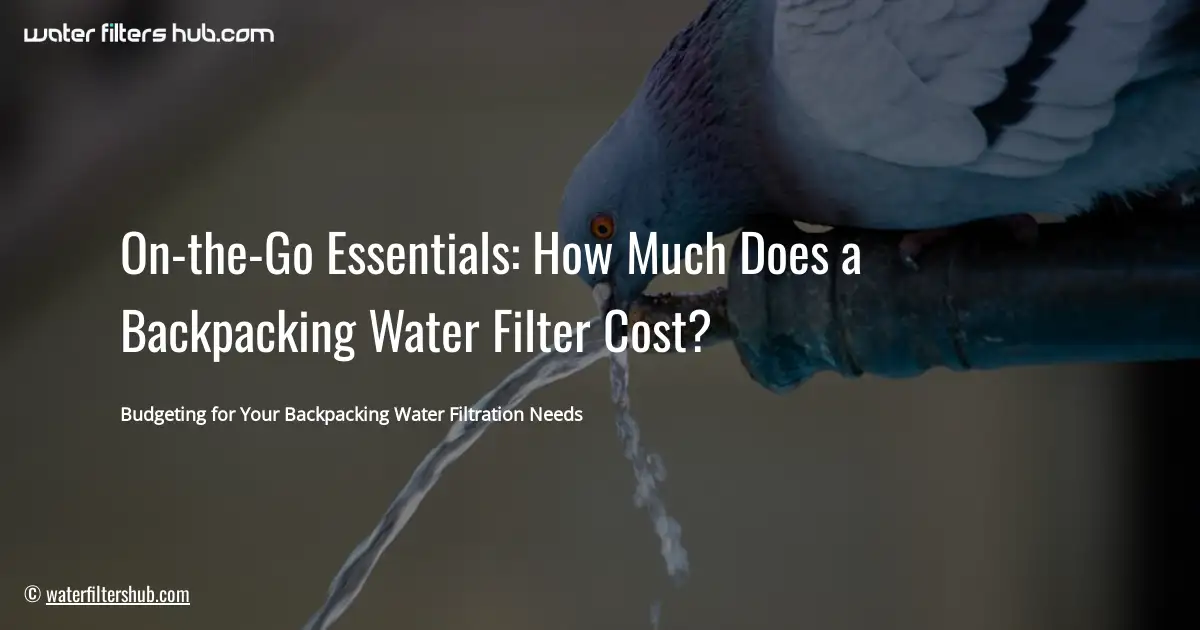
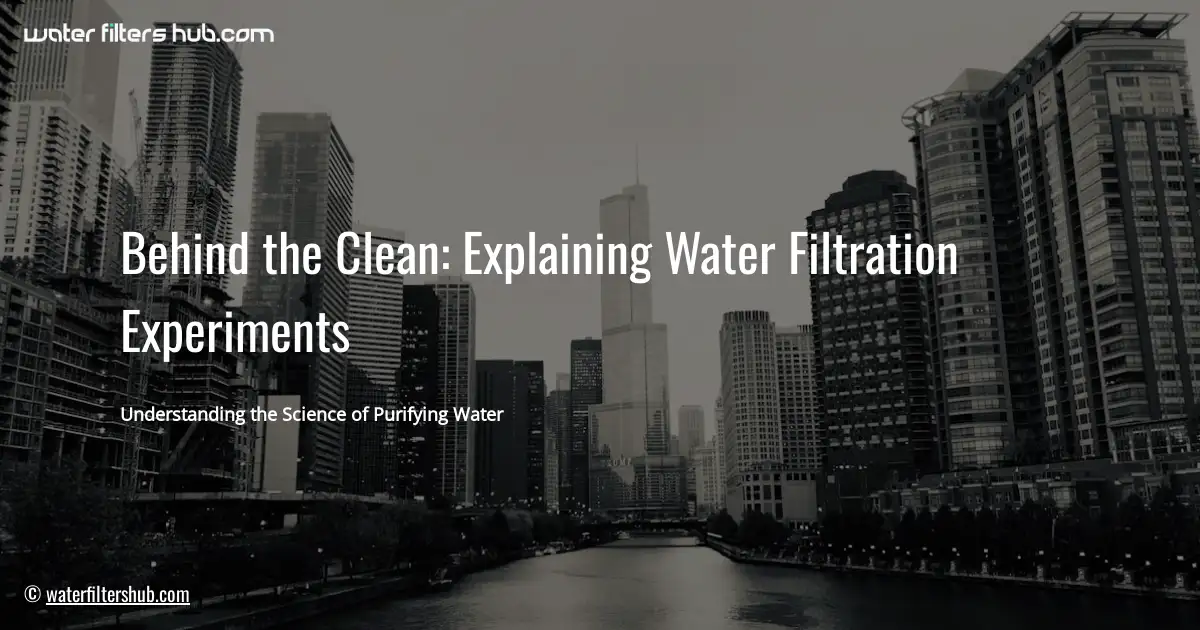
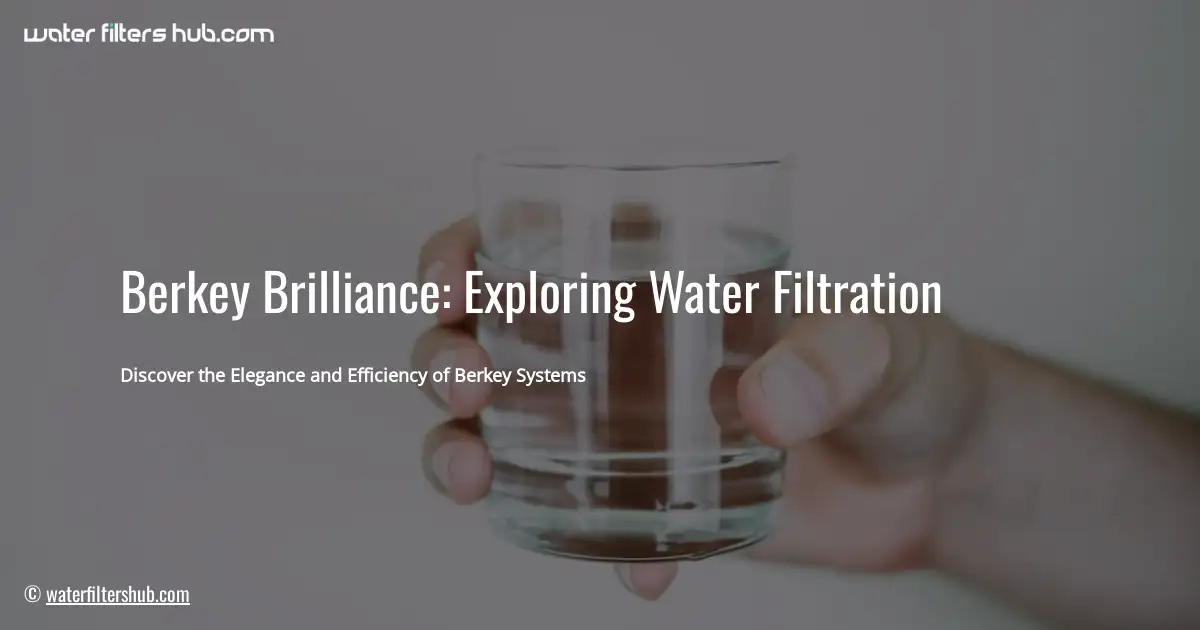
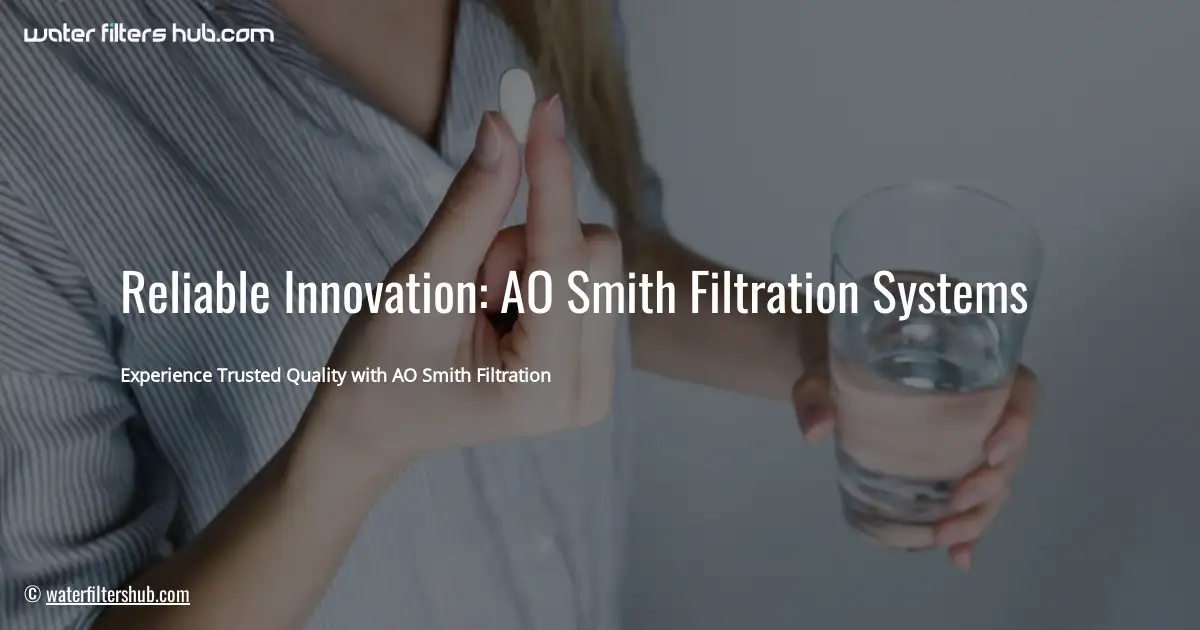

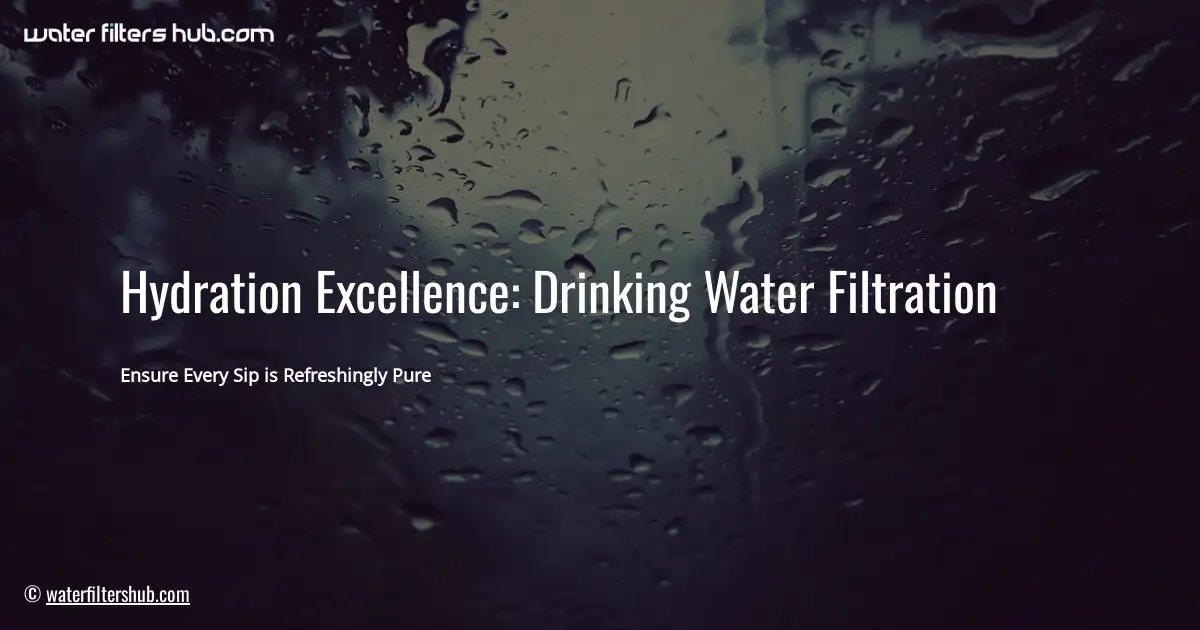
Leave a Reply